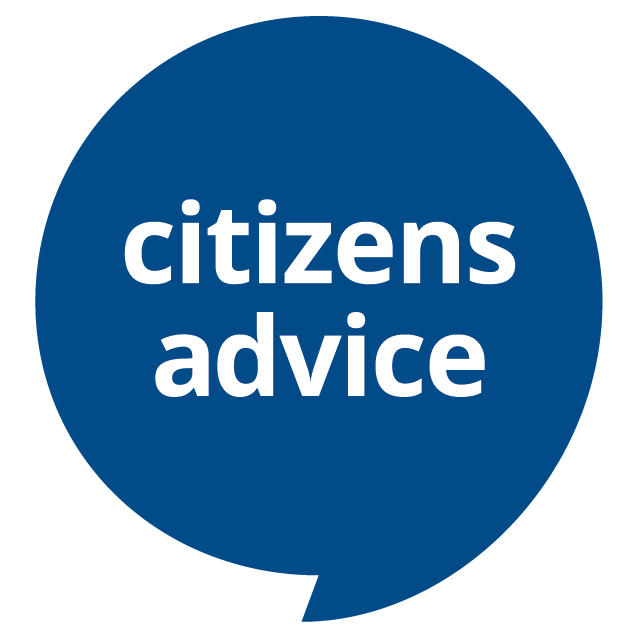Initial Adviser
All new advisers are trained to be Initial Advisers first. As an Initial Adviser you will likely be the first person a client speaks to when they call the Citizens Advice helpline or use the Citizens Advice Email or Web chat service. Most of our Initial Advisers are volunteers and we could not run the service without them.
Current vacancies are for Telephone Advisers
Training
We will provide all the training you need to become a confident and competent adviser. Most training is e-learning and can be completed at your own pace. There will also be 2-3 days of office-based training in our Hanley office.
Observing – you’ll have plenty of opportunity to observe our experienced advisers on the job before we ask you to take a call yourself. For your first few calls, you’ll have a supervisor with you to give you any support you need during the call. When we think you’re ready, you’ll be able to go solo. A duty supervisor will always be available to help.
Taking calls - you will take inbound calls to our local Citizens Advice helpline.
Pre-booked appointments – some of our initial advisers do telephone appointments with clients. A client may be given an appointment when they attend a drop-in or a client may be referred to us after phoning the national Adviceline.
Email and webchat
Email advice - email advice allows plenty of time to research the client's issue and get your advice checked before sending your reply to the client. It may be an option if you have difficulty using a phone.
Webchat - if you can't use a phone but want something a bit more challenging than email advice you could train to do advice by live webchat.
Face-to-face
A small number of our most vulnerable clients may need to be seen face to face. This is usually done by our most experienced Initial Advisers who have had additional training to do face-to-face advice.
What will you do?
- complete an introduction to Citizens Advice and training for your role.
- talk to clients over the phone to explore what problems they’ve come for help with. If you are unable to speak or hear over the phone you can train to give advice by email or webchat.
- find information about the clients’ problems and help them to understand their options.
- support clients to take action to resolve their problems. This might include drafting or writing letters, making phone calls, or referring the client to another organisation.
- write a summary of the clients’ problems and what action you’ve taken.
- look out for problems’ that are common, or are unfair, and write a short report about the problem or a letter to an elected official like an MP, AM or local councillor.
Some examples of what you could do:
- explore what benefits a client is entitled to and help them to complete a benefit application form.
- help a client who has problems with their landlord to understand their housing rights.
What's in it for you?
- make a real difference to people’s lives.
- learn about a range of issues such as benefits, debt, employment, and housing.
- build on valuable skills such as communication, listening and problem solving, and increase your employability.
- work with a range of different people, independently and in a team.
- have a positive impact in your community.
And we’ll pay towards travel expenses too.
No prior experience is necessary in these areas as you’ll receive full training.
For individuals who are doing advice giving roles, and who are also training to be a solicitor, if you started training to be a solicitor before 1st September 2021, you may be able to get up to six months reduction in your training contract.
If you started training to be a solicitor after 1st September 2021, you may be able to include time spent volunteering (or working) in advice giving roles as part of (or all of) your qualifying work experience. See Solicitors Regulation Authority for more information.
What do you need to have?
You don't need specific qualifications or skills, but you'll need to:
- be friendly and approachable
- be non-judgmental and respect views, values and cultures that are different to your own
- have good listening skills
- have good verbal and written communication skills
- have good maths and IT skills
- be able to understand information and explain it to others
- be willing to learn about and follow the Citizens Advice aims, principles and policies, including confidentiality and data protection – read about our aims and principles here.
- be willing to undertake training in your role
How much time do you need to give?
We ask for a minimum of 3 hours per week, for at least 12 months. Many of our volunteers give one full day or two half days per week.
Valuing inclusion
Our volunteers come from a range of backgrounds, and we particularly welcome applications from racially minoritised people/people of colour, disabled people, people with physical or mental health conditions, LGBTQ+ and non-binary people.
If you are interested in becoming an adviser and would like to discuss flexibility around location, time, ‘what you will do’ and how we can support you please contact us.
Research and campaigns
At Citizens Advice, we don’t just help individuals, we also campaign on policies that affect our clients unfairly. As an Initial Adviser, you’ll help identify where a client’s issue is part of a wider policy issue.
Other roles - Most of our volunteers will continue to volunteer as Initial Advisers, but other advice roles are available for those who have the interest and aptitude, and who have been signed off as competent Initial Advisers.
If the Initial Adviser role sounds right for you, apply now!


